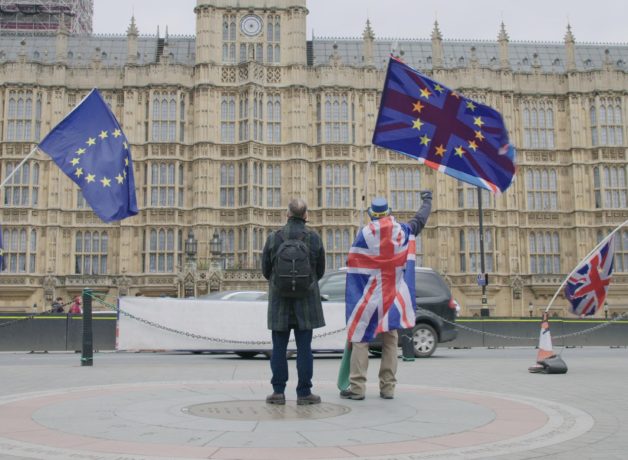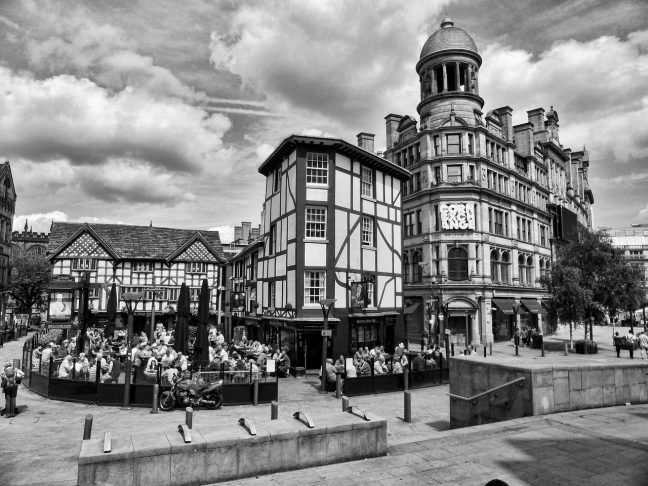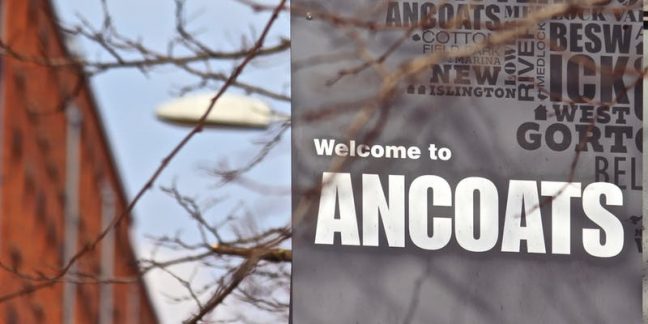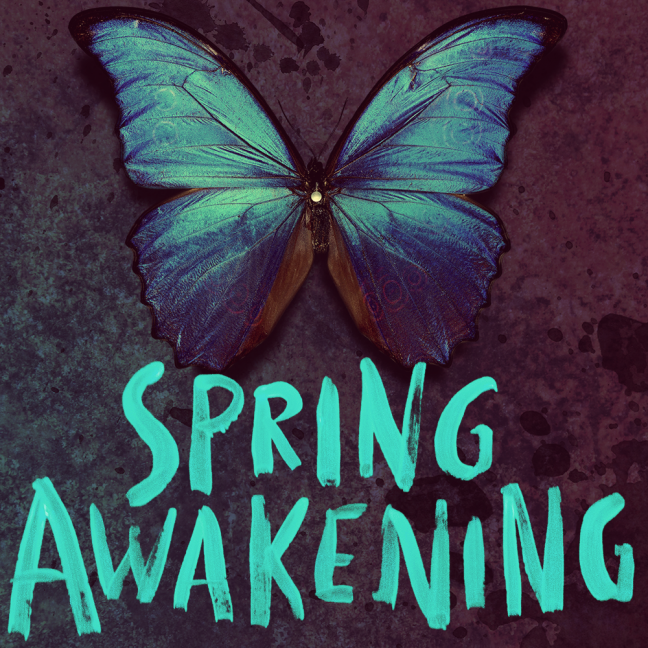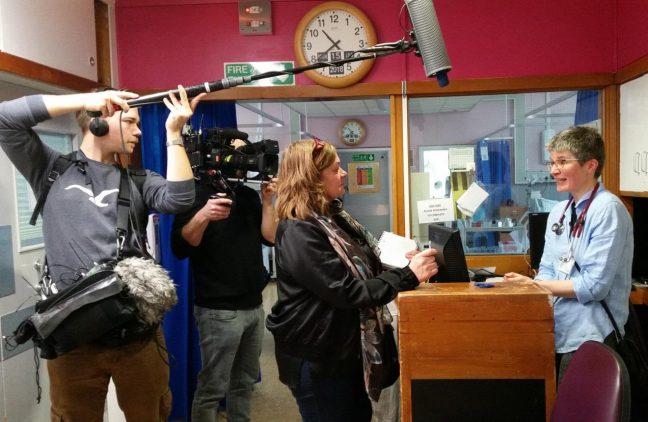14. Juli bis 28. Oktober
http://www.biennial.com/2018/exhibition/artists/silke-otto-knapp
Silke Otto-Knapp, Monotones (Figures and Groups), 2016. Image courtesy Mary Boone, New York. Photo: Jeff McLane
Silke Otto-Knapp (b. 1970, Osnabrück, Germany) lives and works in Los Angeles, USA. At the centre of her works is the construct of the stage. Motifs range from choreographed groups of figures, historical stage sets, as well as pared-down landscapes. Otto-Knapp works with watercolour on canvas using a process of removal and accumulation of pigment in order to create spaces where the flatness of the pictorial space intersects with an illusionistic construction of space.
For Liverpool Biennial 2018, Silke Otto-Knapp has been commissioned to produce a new large-scale work for the fourth-floor gallery of Bluecoat. Like a classic frieze, the painting will wrap around the perimeters of the space, combining figures in group formations with abstract panels. The painting will be accompanied by an artist’s book produced in collaboration with Stuart Bertolotti-Bailey, which will be displayed in the historic women’s common room at the Victoria Gallery & Museum.
Recent exhibitions include Midway Contemporary, Minneapolis, USA (2017/18) Regen Projects, Los Angeles, USA (2017); Mary Boone Gallery, New York, USA (2017); greengrassi, London, UK (2016); Hammer Museum, Los Angeles, USA (2016); Art Gallery of Ontario, Toronto, Canada (2015); Migros Museum, Zurich, Switzerland (2014); Camden Arts Centre, London, UK (2014); Kunsthalle Wien, Vienna, Austria (2014); Kunsthal Charlottenborg, Copenhagen, Denmark (2013); Musée National des Beaux-Arts du Québec, Canada (2012); and Tate Britain, London, UK (2011).
Commissioned by Liverpool Biennial
Address
Bluecoat
School Lane
Liverpool
L1 3BX
Open daily 11am–6pm, Free
Supported by
Embassy of the Federal Republic of Germany, London
Galerie Buchholz, Cologne / Berlin / New York
Regen Projects, Los Angeles


